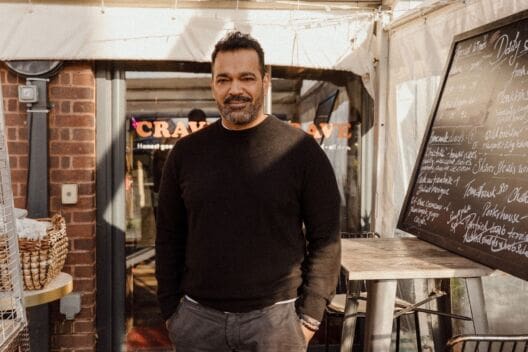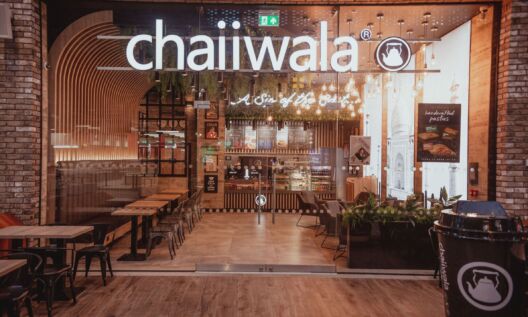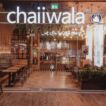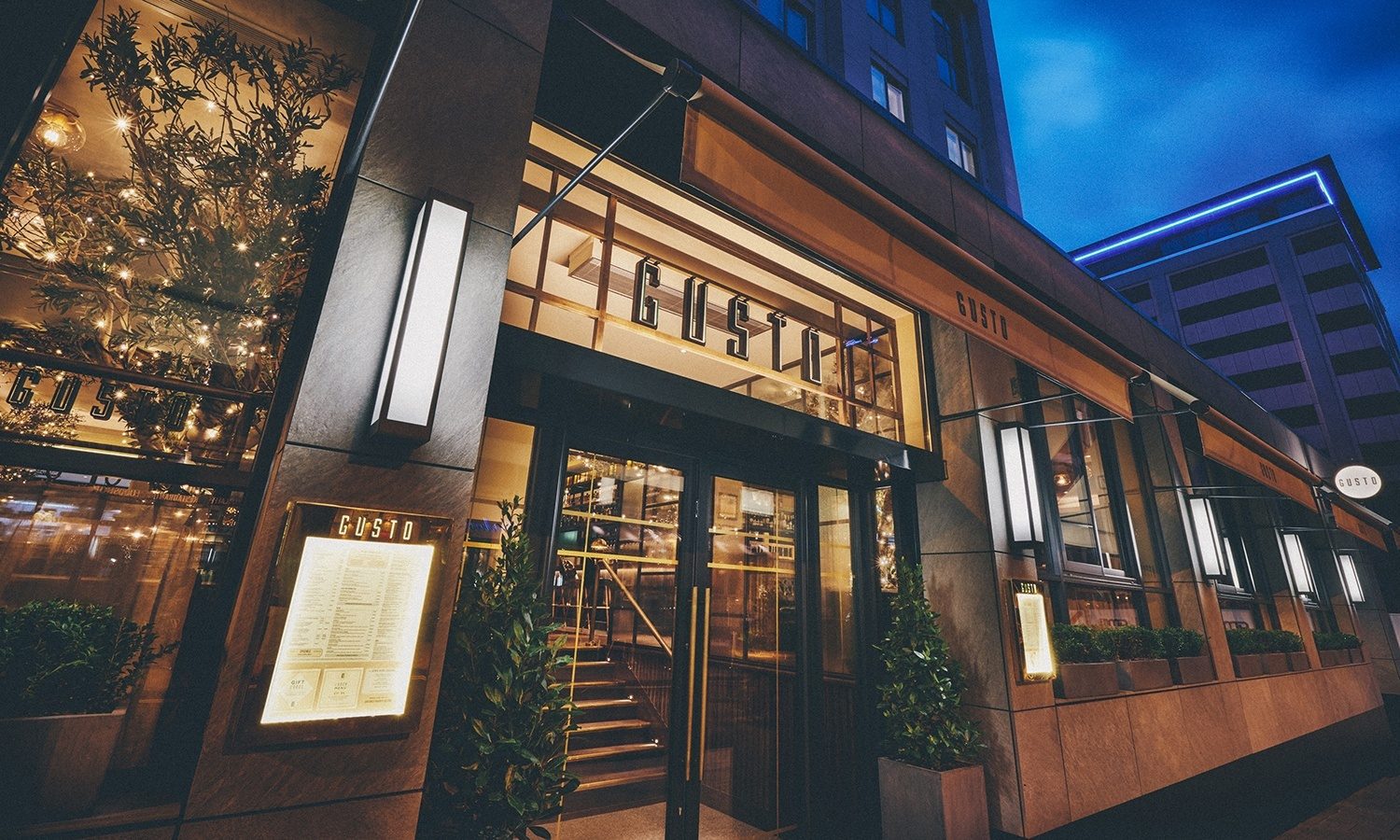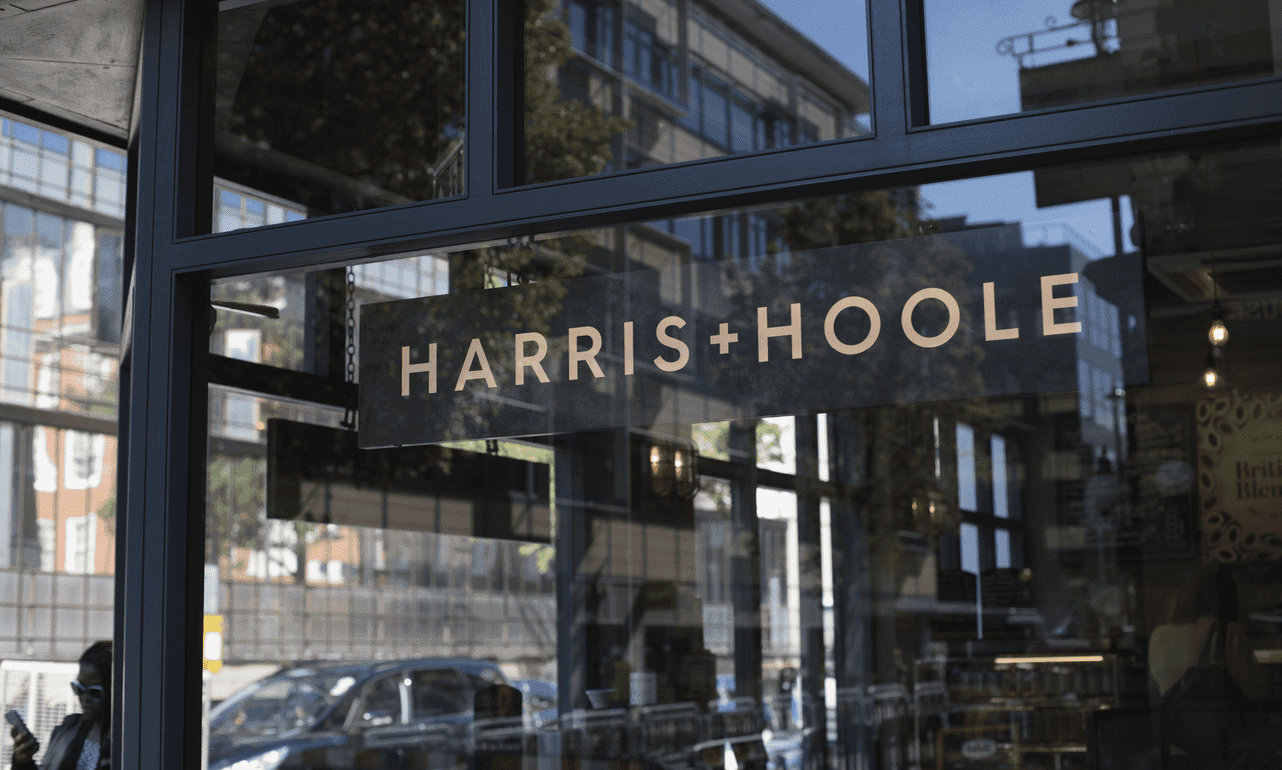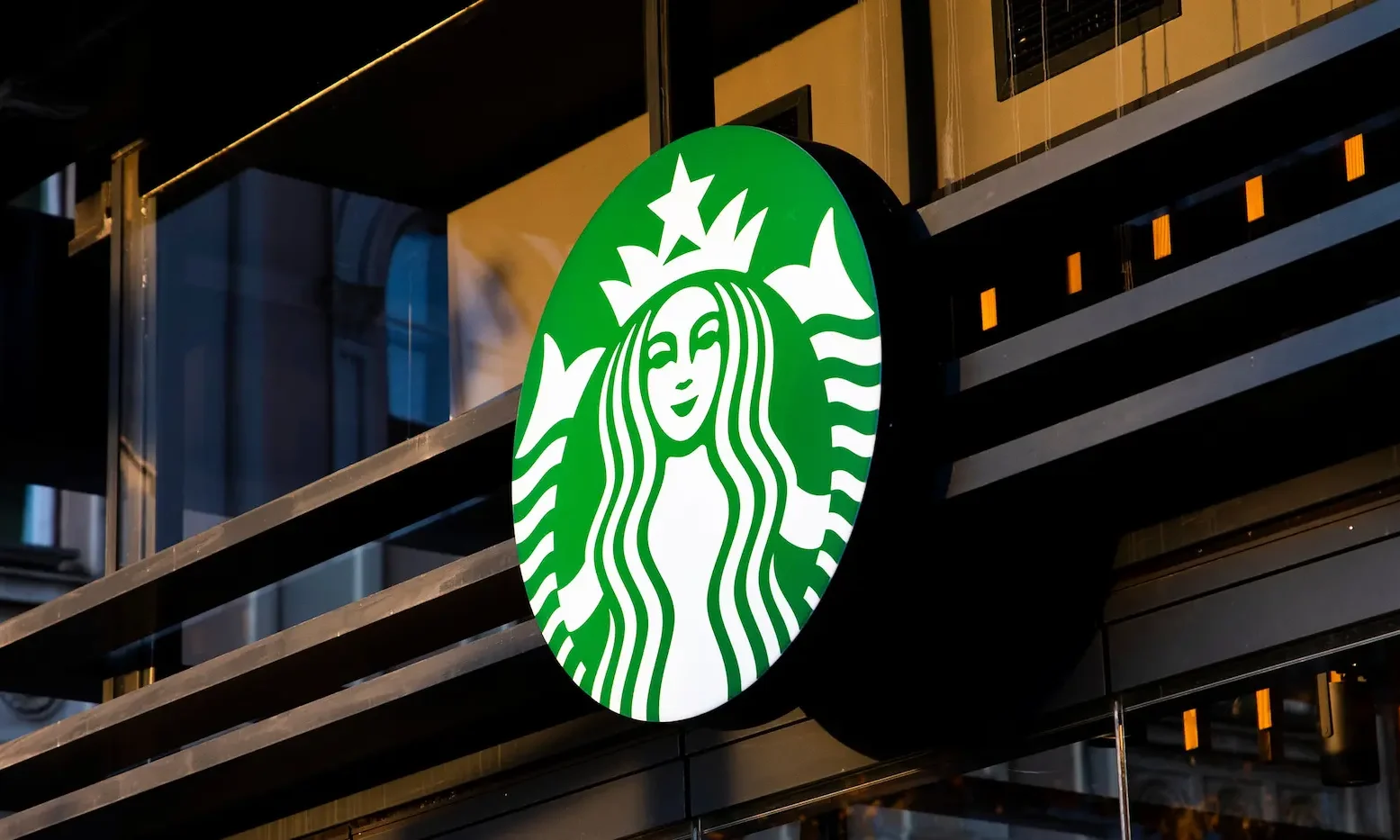Register to get 2 free articles
Reveal the article below by registering for our email newsletter.
Want unlimited access? View Plans
Already have an account? Sign in
Italian restaurant chain Gusto, once seen as a staple of mid-market dining in the UK, has become the latest brand to fall victim to the sector’s mounting structural and economic challenges.
On 29 July, the 13-site operator entered administration before being swiftly acquired via a pre-pack deal by Cherry Equity Partners, the private equity firm behind Latin American restaurant chain Cabana.
The acquisition has safeguarded seven flagship sites and more than 300 jobs, but it came at the cost of six closures and nearly 200 redundancies, mostly in suburban locations now deemed “economically unviable due to continuing cost headwinds affecting the sector.”
For Gusto, it marks a sobering inflection point. For the hospitality sector, it’s another sign of the deep and painful restructuring gripping food-led businesses in 2025.
Founded over two decades ago, Gusto carved out a space for itself between high-street Italian mainstays and independent trattorias, offering a slick, approachable dining experience with a focus on fresh pasta, classic pizzas, and cocktails in stylish surroundings. It was a format that worked, until it didn’t.
The restaurant chain’s acquisition was executed as a pre-pack administration, a commonly used mechanism in the hospitality sector as of late.
In recent years, as inflation, rent hikes, and wage increases began to erode margins across the sector, Gusto’s lack of differentiation became more exposed. Despite a loyal customer base and recognisable brand, the offer struggled to stand out in a saturated mid-tier market where casual dining chains have been haemorrhaging customers.
As Shashank Dewan, deal advisory partner at KPMG UK, puts it, “Restaurants must now justify their price not only with food quality but with a compelling, memorable experience. If that’s missing, diners look for something cheaper – or more exciting.”
Gusto, he suggests, may have fallen into a value trap: neither low-cost enough to attract budget-conscious diners, nor premium enough to retain those willing to pay more for a compelling evening out.
The restaurant chain’s acquisition was executed as a pre-pack administration, a commonly used mechanism in the hospitality sector as of late. It allows the company to be sold to a buyer almost immediately after entering administration, often preserving brand value and operations while shedding debt. Such deals aim to retain the profitable core and discard the rest.
“The aim of a pre-pack is not to help the troubled business. It is to provide a chance for some creditors to get paid something rather than nothing, if Gusto takes the only alternative route of liquidation,” explains Nick Stockley, partner at law firm Mayo Wynne Baxter. “Cherry Equity Partners [bought] Gusto’s most valuable assets without inheriting the debts [and didn’t] take on the less valuable assets. These will be dealt with through a general fire sale that will follow [after the] administration.”
Stockley warns that while pre-packs can preserve brand names and jobs, they often offer little recourse for unsecured creditors, which are typically the suppliers, landlords, and service providers that supported the business.
“The only beneficiaries from this process will most likely be Gusto’s secured creditors,” he adds. “The successor business will be forced to operate on a significantly reduced basis.”
Hospitality accounted for 10% of all UK administrations in the first half of 2025, making it the second worst-hit sector.
Gusto’s collapse follows closely on the heels of Thai chain Busaba, which was acquired via pre-pack by Seaco Investments in mid-July, safeguarding 240 jobs across seven sites. These stories are becoming more frequent in a sector undergoing aggressive contraction.
New figures from law firm Shakespeare Martineau reveal that hospitality accounted for 10% of all UK administrations in the first half of 2025, making it the second worst-hit sector. The overall number of businesses entering administration between January and June was 783.
At the same time, the August Hospitality Market Monitor from CGA by NIQ paints a grim picture: food-led venue numbers have dropped 2.9% year-on-year and the independent restaurant category is now 22.7% smaller than it was before the pandemic. Casual dining, Gusto’s category, has shrunk by 23.2%, with 5,801 net closures since March 2020 – spelling an average of 21 venues per week.
According to CGA by NIQ’s assessment of the situation, long periods of closures and trading restrictions are to blame. However, it states that the casual dining side “may have reached saturation point”. The information services company also brought up what could be a hard truth to swallow, and that is that a clear-out of unsustainable venues was inevitable.
Meanwhile, the pub sector – once seen as more vulnerable – has outperformed in 2025. Drink-led venues have seen a 1% increase, with managed pub chains like Fuller’s, JD Wetherspoon, and Mitchells & Butlers reporting strong trading and even expansion plans. JDW in particular expects to open 30 new sites in its next financial year.
Gusto’s core proposition may not have delivered enough of that ‘experience’ to justify its prices, particularly as cost pressures mounted and rivals raised the bar.
The cost-of-living crisis is reshaping how (and where) consumers choose to spend their money. For chains like Gusto, this behavioural shift has had significant consequences. As Dewan explains, “[Customers] have become savvy in terms of understanding what’s true value for money. Even if I want to buy something, there’s a mental blockage. Is it too expensive? Can I get it cheaper? Is there a promotion somewhere else?”
In restaurants, where experience is supposed to take precedence over pure pricing, this hesitancy becomes a critical threat. He adds, “A weekly grocery shop might be focused on price and quality, but in a restaurant, that’s superseded by experience. In the latter, pricing becomes secondary.”
Gusto’s core proposition may not have delivered enough of that ‘experience’ to justify its prices, particularly as cost pressures mounted and rivals raised the bar with unique, event-led or hyper-local offerings.
According to Dewan, brands that have managed to weather the storm have done so by being more agile in pricing and format strategy, which is something that Gusto arguably lacked.
“Dynamism doesn’t only mean making things more expensive,” Dewan points out. “It’s figuring out what the consumer pulse is and then trying to set prices accordingly. That means aligning prices to shopper missions.”
In practical terms, this might mean separating weekday lunch menus from weekend dining, offering express formats, or creating tiered pricing experiences, Dewan advises. In light of the recent events that transpired at Gusto, flexibility is a quality it appeared to lack.
“The more differentiation I do on my pack, the more I can align my prices to those different shopper occasions,” he continues. “In FMCG this refers to product SKUs – but the same applies to restaurant menus and experiences.”
Despite the impromptu handover, Cherry Equity insists it sees long-term potential in the Gusto brand.
Another missed opportunity may have been in premium pricing architecture. Many operators offset cost pressures by introducing higher-priced premium items that protect margin without alienating core customers. “They may opt to keep prices on their core range stable, but offset that via more premium SKU to help manage any profit dilution,” Dewan explains.
Despite the impromptu handover, Cherry Equity insists it sees long-term potential in the Gusto brand. Chief executive Ed Standring said the acquisition marks the group’s third acquisition in six months and underscores its “deep commitment to the UK hospitality sector”.
“Gusto is a well-loved brand with a great heritage,” adds Jamie Barber, chairman and founding partner of Gusto. “We’re looking forward to working with Paul [Moran] and the team to invest and grow the business.”
It remains to be seen what form that growth will take. Will Cherry reposition Gusto with a revitalised identity, or simply trim costs and run it lean? Much will depend on how well they interpret the market’s shifting expectations.
“We expect the polarisation in the market to continue,” says Graeme Smith, senior partner at AlixPartners. “Leading players will grow and take market share from struggling and under-invested brands.”
In a sector where consolidation is accelerating, and resilience is now measured by adaptability, Gusto’s future is not guaranteed but at least it’s no longer terminal.


